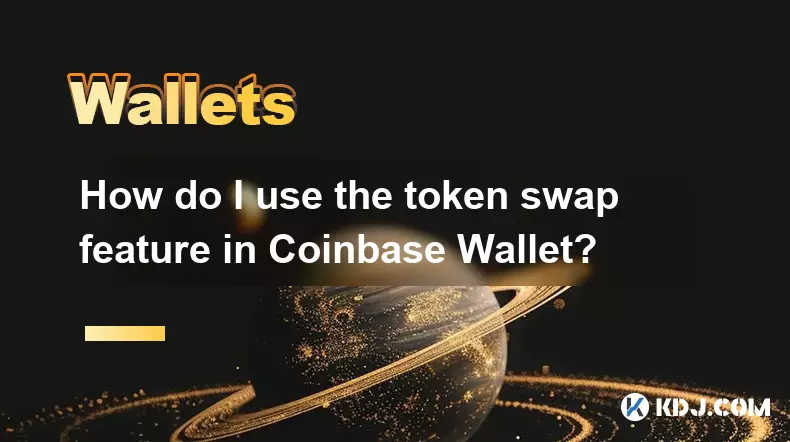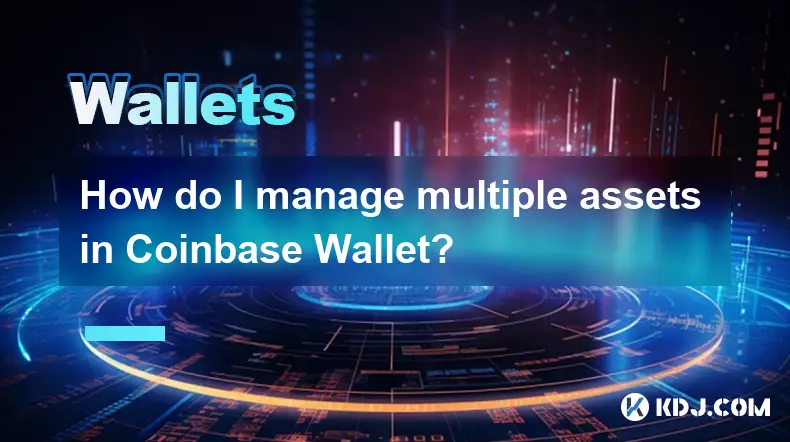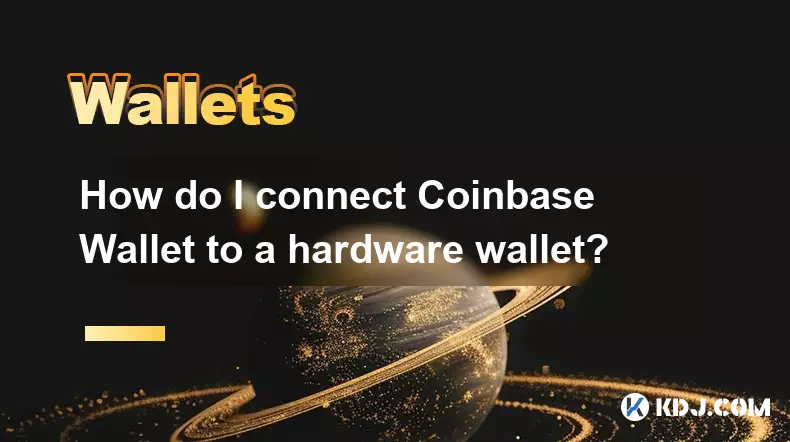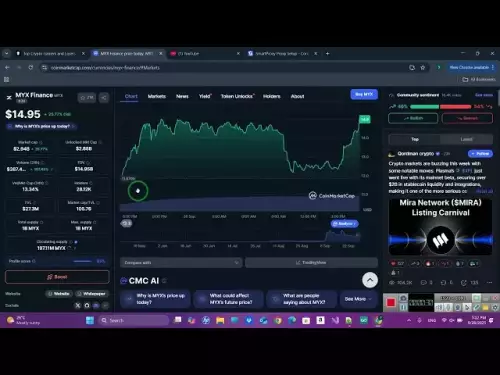-
 bitcoin
bitcoin $109547.008142 USD
0.04% -
 ethereum
ethereum $4011.838726 USD
-0.05% -
 tether
tether $1.000402 USD
-0.01% -
 xrp
xrp $2.798606 USD
0.88% -
 bnb
bnb $970.877944 USD
1.39% -
 solana
solana $202.237275 USD
-0.95% -
 usd-coin
usd-coin $0.999673 USD
0.00% -
 dogecoin
dogecoin $0.229294 USD
-1.15% -
 tron
tron $0.336370 USD
-0.45% -
 cardano
cardano $0.777260 USD
-1.66% -
 hyperliquid
hyperliquid $45.503019 USD
1.73% -
 ethena-usde
ethena-usde $1.000362 USD
0.01% -
 chainlink
chainlink $20.785303 USD
-1.10% -
 avalanche
avalanche $28.755822 USD
-0.11% -
 stellar
stellar $0.358303 USD
-0.48%
What cryptocurrencies can you trade on Bitstamp?
Bitstamp offers major cryptos like BTC, ETH, and XRP, stablecoins such as USDC and USDT, and niche assets including XLM and UNI, supporting trading against USD, EUR, and GBP.
Sep 17, 2025 at 08:19 am

Major Cryptocurrencies Available on Bitstamp
1. Bitcoin (BTC) is one of the primary digital assets offered on Bitstamp. As the first and most widely recognized cryptocurrency, BTC trading pairs are available against USD, EUR, and other fiat currencies as well as stablecoins like USDC.
2. Ethereum (ETH) is another cornerstone asset on the platform. Traders can exchange ETH for fiat or use it in various crypto-to-crypto transactions, including swaps with BTC and USDT.
3. XRP maintains a strong presence on Bitstamp despite regulatory scrutiny in certain jurisdictions. It remains accessible for trading against major fiat and digital currencies.
4. Litecoin (LTC) is supported with multiple trading pairs, offering users fast transaction times and lower fees compared to traditional blockchain networks.
5. Bitcoin Cash (BCH) is listed to provide exposure to a forked version of Bitcoin that emphasizes larger block sizes for improved scalability.
Stablecoins and Fiat-Linked Digital Assets
1. USD Coin (USDC) plays a critical role on Bitstamp as a regulated stablecoin pegged 1:1 to the U.S. dollar. It serves as a reliable medium for transfers between volatile cryptocurrencies and acts as a base currency in many trading pairs.
2. Tether (USDT) is also available, giving traders an alternative stablecoin option. Although not directly issued by Bitstamp, USDT integration allows seamless movement across exchanges and liquidity pools.
3. Euro Coin (EUROC) extends the platform’s reach into European markets by providing a euro-denominated stablecoin option, facilitating easier entry for EU-based investors.
4. Stablecoins reduce volatility risks during market swings and enable efficient value storage between trades. Their availability enhances arbitrage opportunities and cross-border fund movements without relying solely on traditional banking rails.
Emerging and Niche Cryptocurrencies
1. Stellar (XLM) is included due to its focus on cross-border payments and partnerships with financial institutions. Its low-cost, high-speed transactions appeal to institutional and retail users alike.
2. Chainlink (LINK) provides access to decentralized oracle services, making it attractive for traders interested in smart contract ecosystems and DeFi applications.
3. Uniswap (UNI) represents decentralized exchange governance tokens, allowing holders to participate in protocol decisions while benefiting from trading fee incentives.
4. These niche assets reflect Bitstamp’s strategy of balancing mainstream offerings with innovative projects driving blockchain utility. They cater to advanced traders seeking exposure beyond large-cap coins.
Frequently Asked Questions
What fiat currencies can I use to buy crypto on Bitstamp?Bitstamp supports trading with U.S. Dollar (USD), Euro (EUR), and British Pound (GBP). Deposits and withdrawals in these currencies are processed via bank transfer, and they form the foundation of key crypto-fiat trading pairs.
Does Bitstamp offer margin trading or leverage?No, Bitstamp does not currently provide margin trading or leveraged positions. The platform focuses on spot trading, emphasizing security and compliance over high-risk derivatives.
Are there any restrictions on which countries can access Bitstamp?Yes, Bitstamp restricts access from certain jurisdictions, including the United States, Canada, and some Asian countries due to regulatory requirements. Users must verify eligibility during the registration process.
How often does Bitstamp add new cryptocurrencies?The exchange evaluates new listings based on market demand, security audits, and regulatory alignment. Additions occur periodically, with announcements made through official channels when a new asset meets their criteria.
Disclaimer:info@kdj.com
The information provided is not trading advice. kdj.com does not assume any responsibility for any investments made based on the information provided in this article. Cryptocurrencies are highly volatile and it is highly recommended that you invest with caution after thorough research!
If you believe that the content used on this website infringes your copyright, please contact us immediately (info@kdj.com) and we will delete it promptly.
- Blockchain, Eggman, Presale: Why $GGs is the Talk of the Town in 2025
- 2025-09-29 00:25:12
- Crypto Coins 2025: Which Ones Will Explode?
- 2025-09-29 00:25:12
- Crypto Presales in 2026: Chasing ROI Like a New Yorker Chases a Cab
- 2025-09-29 00:30:01
- Ruvi AI: The Next Dogecoin? Explosive Entry Heats Up
- 2025-09-29 00:30:01
- Crypto Projects in 2025: BlockDAG Leads the DApp Support Revolution
- 2025-09-29 00:30:01
- YZY Crypto Concert Tickets: Is Kanye West Building an Empire or Just Playing Games?
- 2025-09-29 00:30:17
Related knowledge

How do I view smart contract interaction history in Coinbase Wallet?
Sep 24,2025 at 01:36am
Accessing Smart Contract Interaction History in Coinbase Wallet1. Open the Coinbase Wallet application on your mobile device and log in using your cre...

How do I use the token swap feature in Coinbase Wallet?
Sep 24,2025 at 05:00pm
Understanding Token Swaps in Coinbase Wallet1. The token swap feature in Coinbase Wallet enables users to exchange one cryptocurrency for another dire...

How do I participate in governance voting in Coinbase Wallet?
Sep 25,2025 at 01:55pm
Understanding Market Volatility in the Crypto Space1. Cryptocurrency markets are known for their extreme price fluctuations, often driven by sentiment...

How do I set up a custom RPC node in Coinbase Wallet?
Sep 24,2025 at 12:00pm
Understanding Custom RPC Nodes in Coinbase Wallet1. A custom RPC (Remote Procedure Call) node allows users to connect their Coinbase Wallet to a block...

How do I manage multiple assets in Coinbase Wallet?
Sep 23,2025 at 10:00am
Understanding Multi-Asset Support in Coinbase Wallet1. Coinbase Wallet allows users to store a wide variety of digital assets beyond just Bitcoin and ...

How do I connect Coinbase Wallet to a hardware wallet?
Sep 26,2025 at 02:54am
Connecting Coinbase Wallet to a Hardware Device1. Open the Coinbase Wallet app on your mobile device and ensure it is updated to the latest version. N...

How do I view smart contract interaction history in Coinbase Wallet?
Sep 24,2025 at 01:36am
Accessing Smart Contract Interaction History in Coinbase Wallet1. Open the Coinbase Wallet application on your mobile device and log in using your cre...

How do I use the token swap feature in Coinbase Wallet?
Sep 24,2025 at 05:00pm
Understanding Token Swaps in Coinbase Wallet1. The token swap feature in Coinbase Wallet enables users to exchange one cryptocurrency for another dire...

How do I participate in governance voting in Coinbase Wallet?
Sep 25,2025 at 01:55pm
Understanding Market Volatility in the Crypto Space1. Cryptocurrency markets are known for their extreme price fluctuations, often driven by sentiment...

How do I set up a custom RPC node in Coinbase Wallet?
Sep 24,2025 at 12:00pm
Understanding Custom RPC Nodes in Coinbase Wallet1. A custom RPC (Remote Procedure Call) node allows users to connect their Coinbase Wallet to a block...

How do I manage multiple assets in Coinbase Wallet?
Sep 23,2025 at 10:00am
Understanding Multi-Asset Support in Coinbase Wallet1. Coinbase Wallet allows users to store a wide variety of digital assets beyond just Bitcoin and ...

How do I connect Coinbase Wallet to a hardware wallet?
Sep 26,2025 at 02:54am
Connecting Coinbase Wallet to a Hardware Device1. Open the Coinbase Wallet app on your mobile device and ensure it is updated to the latest version. N...
See all articles









































































